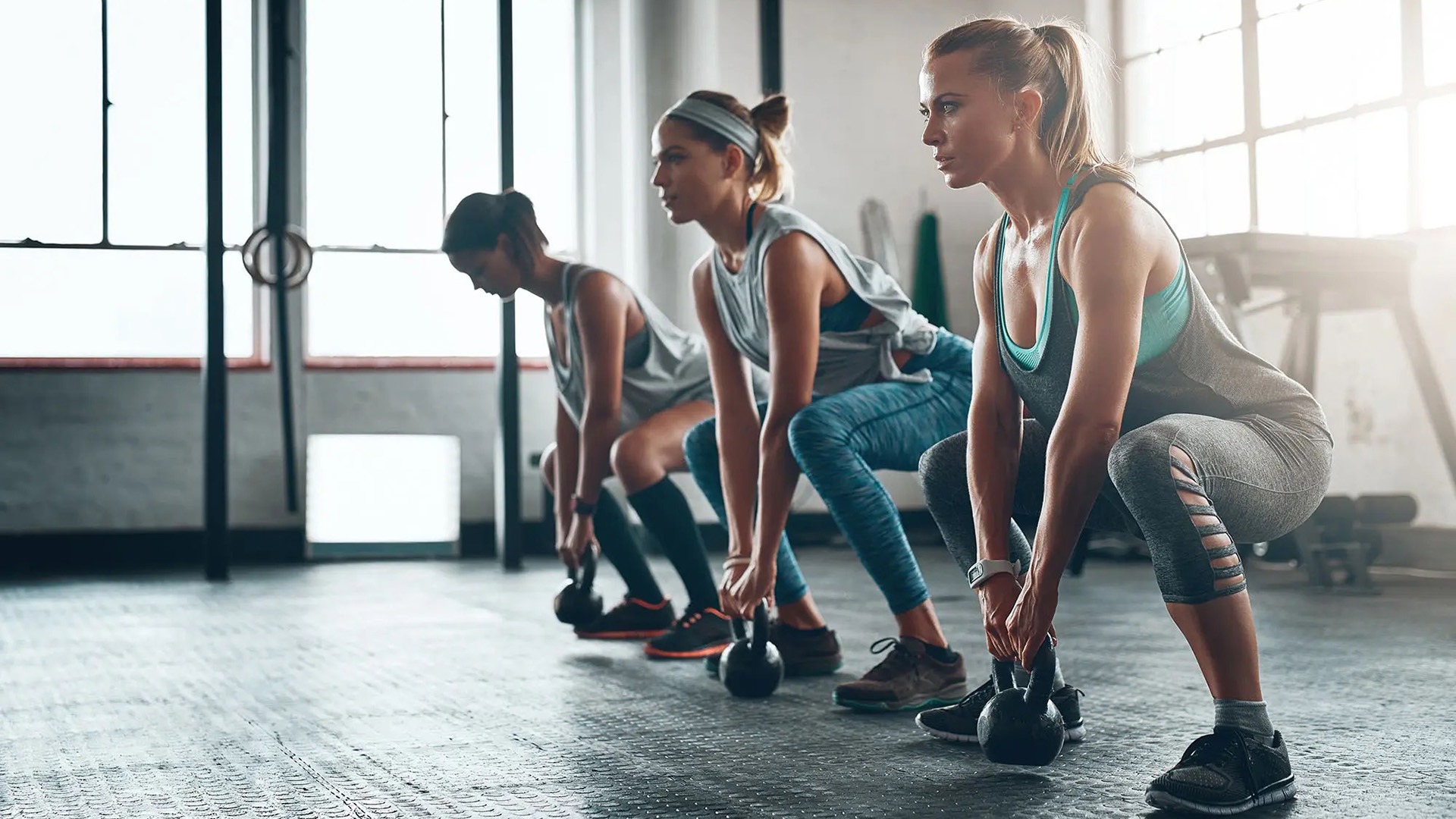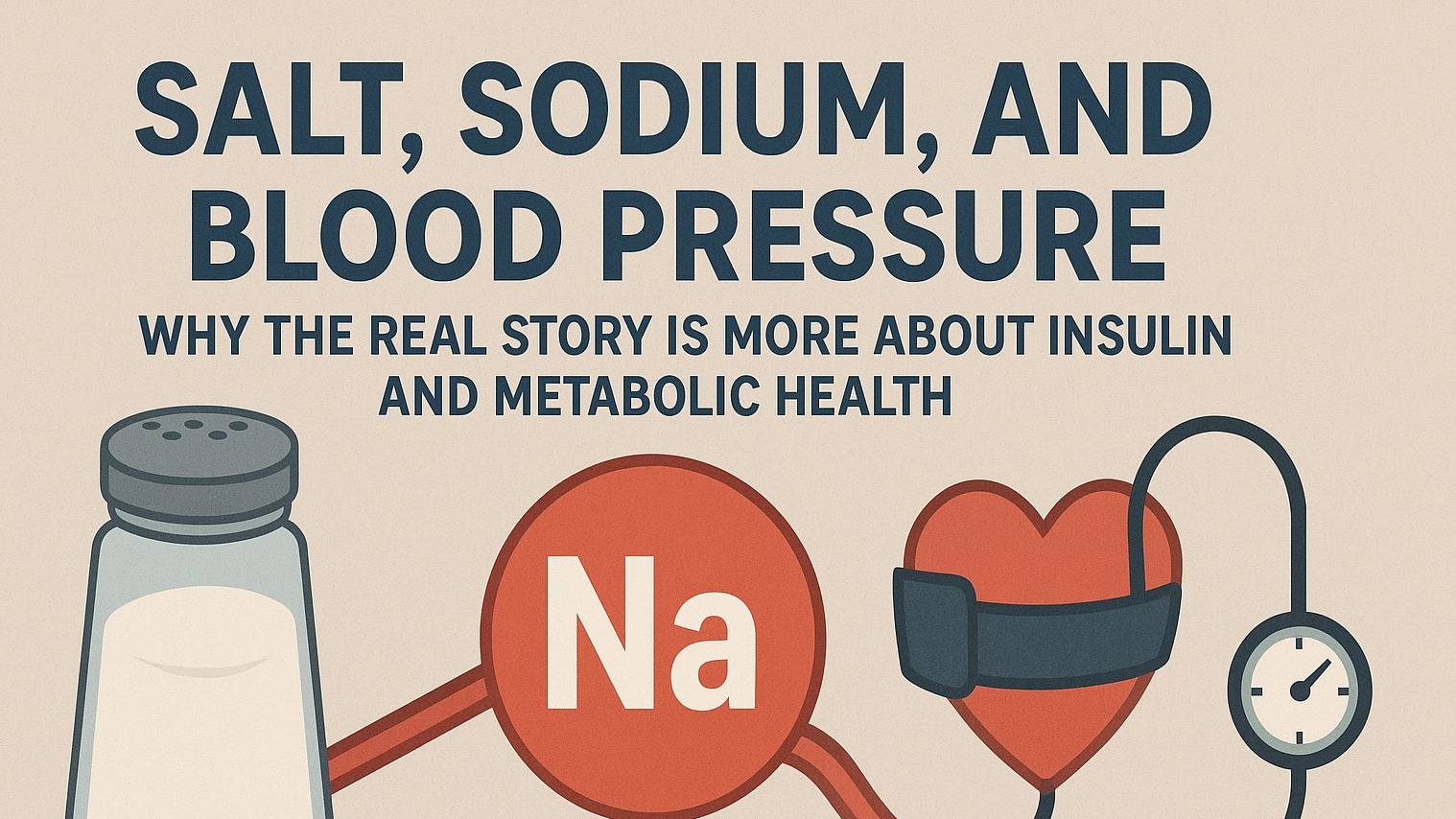
The way we often approach exercise is often like this: "I want to lose weight, so I'm going to get up and go to the gym every day at 7 and workout for an hour." That new and improved future version of you is excited and the current you is raring to go. But what happens when reality hits?
Just think of everything you have to do to exercise every day, including the planning that goes into your workouts, the prep time of getting your exercise gear together and then the real work, from getting up to driving to the gym to doing your workout, or getting up to workout at home, getting your workout planned and dressed to workout, and so on.
Working out involves a bunch of small behaviors but, added up, it's a lot when you don't already do those things. And when you realize how hard this process is, the reward may pale in comparison to the amount of work you'll have to do. That's especially true if your goal is to lose weight, a process that is usually slow. Be honest with yourself it did not go on overnight and likewise it won’t come off overnight. So, how do you do it?
Plan Your Cues
Studies of successful exercisers find that what works is choosing a very specific cue. Think of this cue as a kind of ritual that triggers your brain to think, "This is the time to exercise." This might be:
- Scheduling your workouts on your calendar - Pick times and days you know you can squeeze in exercise, even if it's just 5 minutes. Maybe a walk after lunch every day or after dinner.
- Putting on your workout clothes as soon as you wake up or get home from work.
- Doing some other healthy behavior before your workout - Drink a glass of water, take some deep breaths, go for a quick walk or do some stretches. Sometimes just doing that one thing can put you in the mindset of exercise.
- Write down your workout plan and put it next to the bed so it's the first thing you see when you wake up.
At the same time you're doing this, look at other cues you may have been following, the ones that trigger your urge to skip your workout.
Maybe you hit the snooze button instead of working out. Maybe you sit on the couch when you get home instead of changing into workout clothes. Just like you have a habit of sitting on the couch, you can create a new habit of exercising instead.
Plan Your Workouts
This is the critical part and often where we make our biggest mistakes. Because we're so eager to lose weight, wanting to make up for lost time, we tend to go too far with our workouts. Maybe you try to go back to a previous level of exercise you used to be able to sustain, or maybe you plan your workouts based on what you think you're supposed to do, such workout for an hour daily, or high intensity training or even lifting heavy weights.
The problem with that approach is that you're not going to get a great reward. What you will get is incredibly sore, a possible injury, and the question of why anyone would do this to themselves. The only way to really make exercise a habit is to make your workouts so easy and so doable that it feels silly not to do them.
Starting Small
As stated before, one of the key ingredients to making exercise a habit is the belief that you can do it. This is self-efficacy, knowing you can trust yourself to follow through.
It's not about being a good or bad person based on whether you lose weight or not. It's about choosing your workout plan and knowing you can do it. It's that belief and mindset that really make an exercise habit stick. That means creating a workout you know you can do, even if that workout isn't even close to the exercise guidelines.
Forget working out for an hour or doing hardcore training, and think more about workouts you can do no matter what, even when you're tired, feeling stressed out, or low on motivation.
Simple Workouts to Get You Started
If you look at the exercise options on our website, you will see quite a few at home workouts. These exercises also give ranges. If you are just starting out don’t go too fast or heavy with weights. Choose 5 or 6 repetitions until your body is ready for more. Then gradually increase your workouts as you progress.
Plan Your Rewards
Some of the rewards of exercise come naturally. Just completing a workout can feel good and, over time, if you're consistent you'll crave that feeling.
As mentioned before, other rewards are feeling accomplished and feeling good from the endorphins released during exercise. You can also create your own rewards such as:
- A guilt-free hour of TV
- A glass of wine with dinner
- Pay yourself. Give yourself $5 for every workout you complete and plan what you'll get with that money at the end of the month.
- Buy a new song or album
- A hot bath
- A new book to read
- A new app The point is to reward yourself every single time you workout so you start to crave that reward.
Tips for Making Your Habit Stick
- Try doing your workouts at the same time every day.
- Create a ritual around your workout. Put on your workout clothes first thing or, if you're leaving from the office, put your gym bag in the seat next to you so just seeing it will remind you of your goals.
- Log your workouts. Keep a simple calendar and put an 'X' down every day you workout.
- Do something you like. You don't have to love it, but it should be an activity you know you can do without too much pain or discomfort.
- Focus on the habit first, then the results. Too often we're so focused on losing weight that we end up quitting when that doesn't happen soon enough. Instead of focusing on that, focus on just doing the workouts, no matter what those workouts are like.
The key to creating an exercise is to make it as easy as possible to do your workouts. Choose accessible activities that you like, keep your workouts simple and focus on just showing up. Getting started is often the hardest part, so the easier you can make that, the more successful you'll be.
Develop A Ritual To Make Starting Easier
Habits are behaviors that you repeat over and over again, which means they are also behaviors that you start over and over again. In other words, if you don't consistently get started, then you won't have a habit. In many ways, building new habits is simply an exercise in getting started time after time.
This means that if you can find a way to make getting started easier, then you can find a way to make building a habit easier. This is why rituals and routines are so important. If you can develop a ritual that makes starting your workout mindless and automatic, then it will be much easier to follow through.
Focus On The Habit First and the Results Later
The typical approach to diet and exercise is to focus on results first. Most people start with some type of goal. “I want to lose 20 pounds in the next 4 months.” Or, “I want to squat 50 pounds more six months from now.”
What matters most in the beginning is establishing a new normal and building a new routine that you will stick to; not the results that you get. In other words, in the first 6 months, it is more important to not miss workouts than it is to make progress. Once you become the type of person who doesn't miss workouts, then you can worry about making progress and improving.
One client, Paula, set a rule for herself where she couldn't stay in the gym for more than 5 minutes at the beginning. She had to go every day, but she wasn't allowed to stay for 6 minutes. She was focused on building the habit of not missing workouts. After doing that for a month or two, she had established a routine of going to the gym and she started to focus on doing more difficult workouts. Today, Paula is over 100 pounds lighter. (Which, to be fair, is not just the result of exercise, but also diet and lifestyle changes.)
Once you build the habit of exercise, you can find thousands of ways to improve. Without the habit, every strategy is useless.
Don’t Get Pigeonholed Into One Type of Workout
It's easy to fall into the hype of trendy diets or workouts, but health isn't one size fits all and what works for one person may not garner the same results for another. In fact, what works for you at one time of your life may not work at another.
We have heard from many clients (especially those at big box gyms) that often say they're busting their butt in the gym for weeks and months, but not seeing any results. If something isn’t working for you, try something new. Think about what your body actually needs. It's okay to make a change if something isn't working for you. After four weeks if you see no changes, switch to a different type of workout.
See our previous article titled “Why a Variety of Workouts are Important” in the Health Tips section of our website. That is why instructor led workouts at bootcamp style workouts are so effective. They usually vary the types of workouts and offer variety as well. This can be a huge key to effective results.
IN SUMMARY
In this article we have covered a number of tips on how you can successfully turn working out into a habit. By doing that combined with making healthy choices in your nutrition and eating you can be well on your way to a healthier you.
 Add Row
Add Row  Add
Add 










Write A Comment